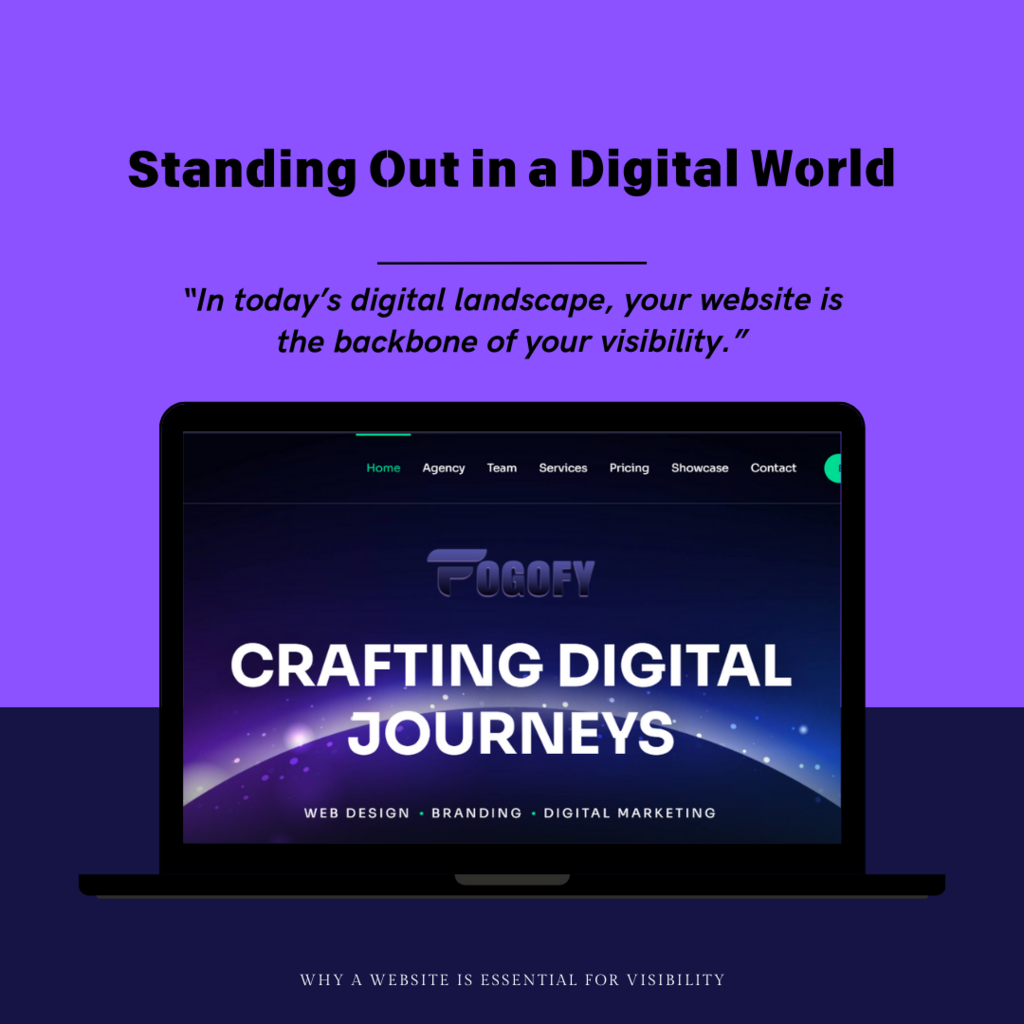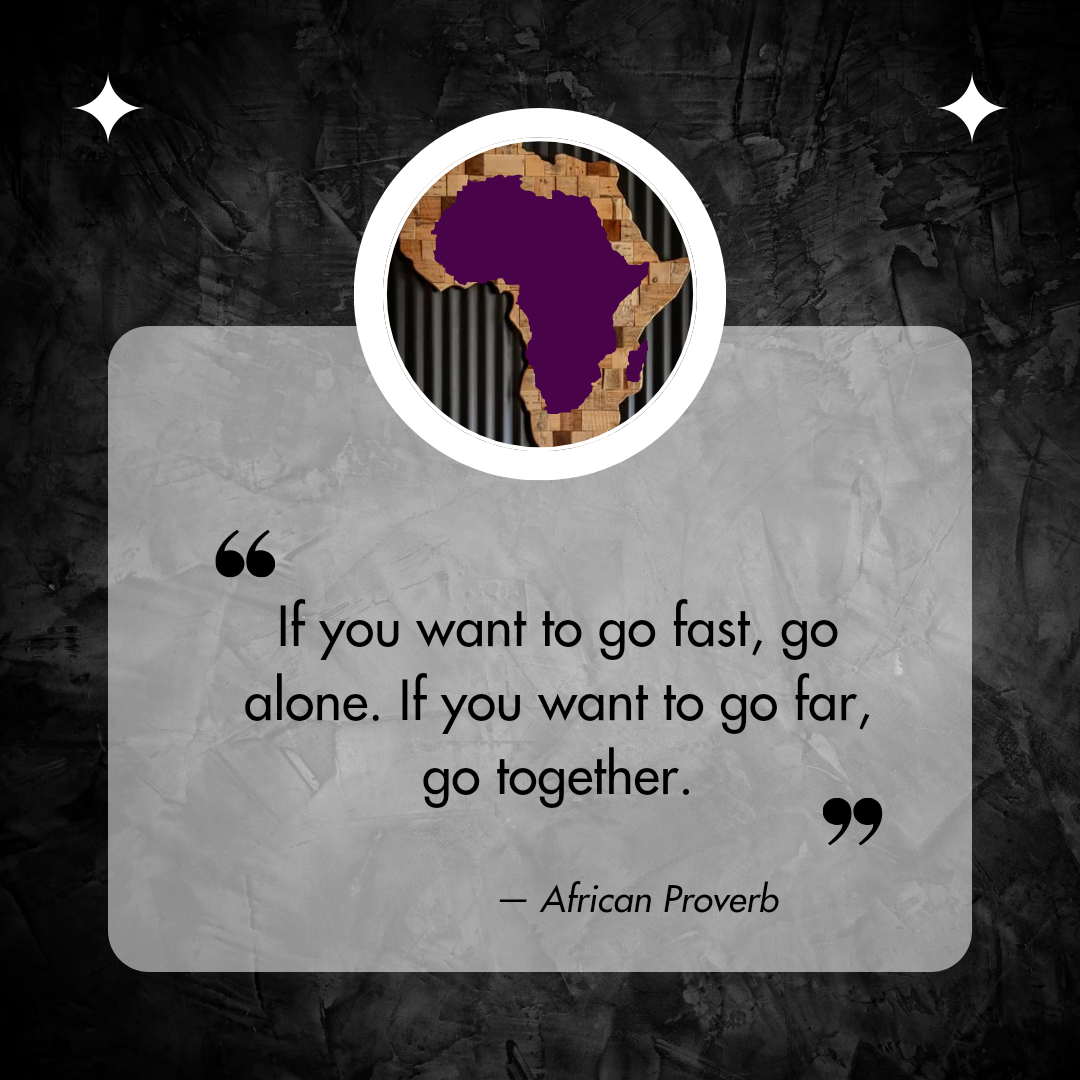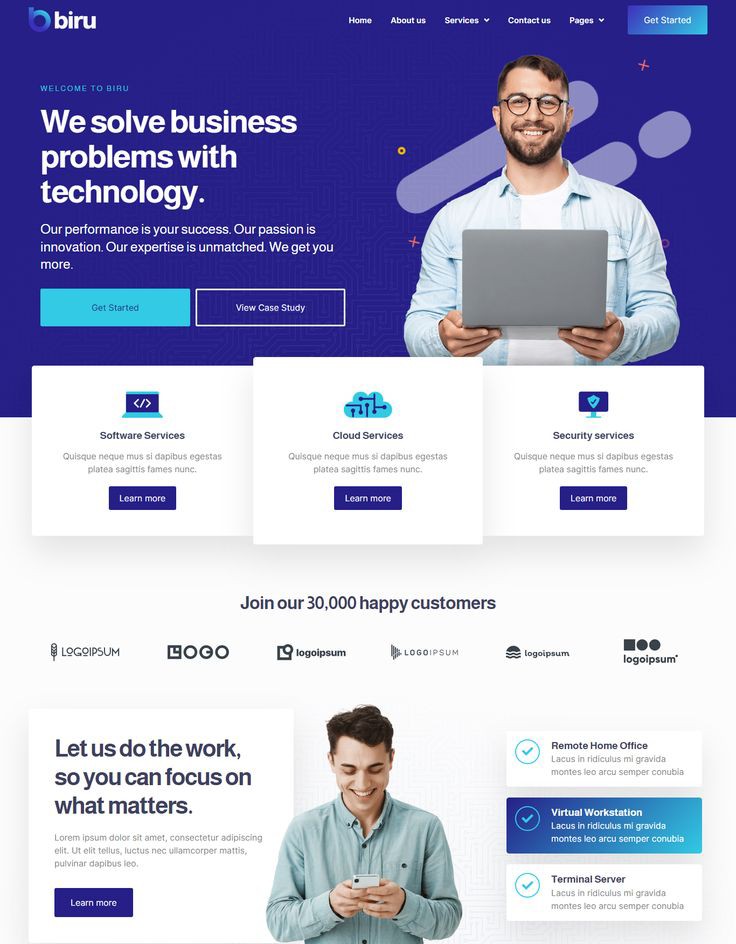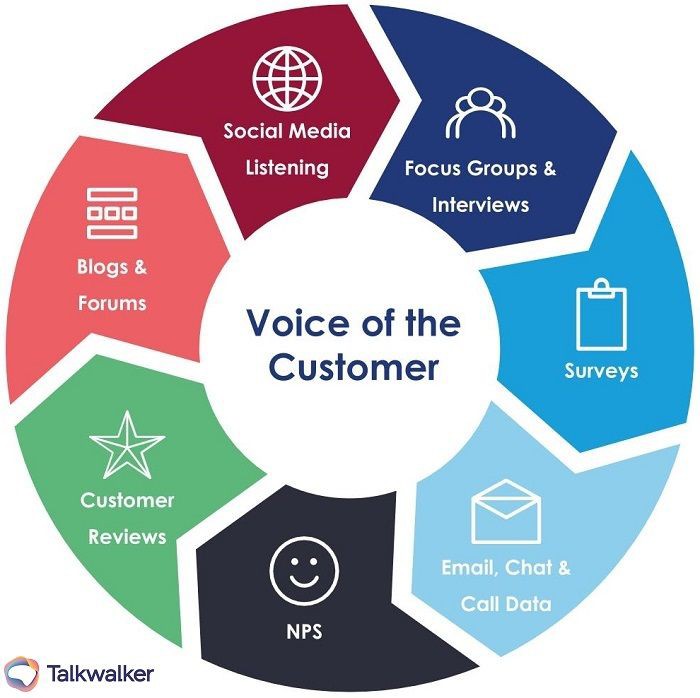“Is your business invisible online?”
In an era where billions of people turn to the internet to find answers, shop, or connect, not having a website is like having a storefront with no sign. You might offer amazing products or services, but if potential customers can’t find you online, you might as well not exist. In 2024, digital visibility isn’t just an advantage—it’s a necessity.
Having a website is no longer a luxury for businesses; it’s the lifeline that ensures your brand is seen, heard, and remembered. In a crowded digital space, a well-crafted website helps your business rank in search engines, reach new audiences, and stand out from the competition.
The Power of Being Found: Ranking in Search Engines
Today, over 90% of online experiences start with a search engine. If your business doesn’t appear in search results, you’re missing out on potential customers. A website is your gateway to improving your search engine ranking, giving you the chance to appear when someone searches for products or services you offer.
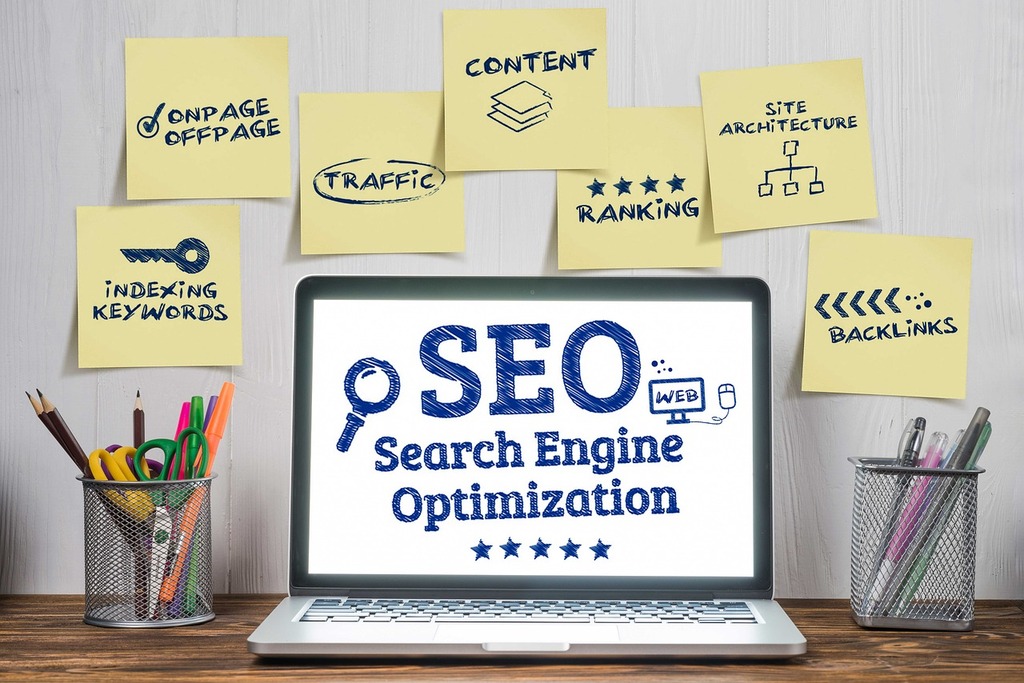
Take Forbes, for example—a brand that thrives online with millions of page views each month. Forbes doesn’t just rely on its reputation; its website is meticulously optimized to rank highly for relevant searches. Whether users are looking for business news, personal finance tips, or career advice, Forbes consistently appears at the top of search results, maintaining visibility in a saturated market.
For your business, having a search engine-friendly website means:
- Optimized Content: Quality content that answers questions and solves problems, enriched with relevant keywords, ensures your site ranks higher.
- User Experience (UX): Fast-loading, mobile-friendly websites rank better on Google, ensuring you appear when potential customers search.
- Regular Updates: Fresh content like blog posts, news updates, and case studies signals to search engines that your site is active, pushing you higher in rankings.

Reaching New Audiences Across the Globe
In today’s world, your customers are no longer limited to your local area. With a website, you can reach global audiences, tapping into markets you may never have considered. Without a website, you restrict yourself to walk-in traffic or local advertising, while competitors with an online presence capture attention from all over the world.
For instance, fashion giant Zara leverages its website to serve millions of customers globally. Their site isn’t just an online catalog; it’s a fully integrated experience that offers personalization, localization, and seamless browsing for customers worldwide. Even if you run a small or medium-sized business, a professional website enables you to reach new customers, whether they’re just down the street or across the ocean.
Differentiating Your Brand in a Competitive Market
In a world saturated with businesses offering similar products or services, your website is a tool that allows you to stand out from the crowd. With unique branding, design, and engaging content, your website tells your story, showcases your expertise, and convinces visitors why they should choose you over competitors.
A recent trend is the use of immersive experiences through interactive websites. Companies that utilize features like 3D visuals, virtual tours, or AI-driven customer service are setting themselves apart. For example, Nike’s website offers personalization options that allow customers to design their shoes, making the shopping experience more engaging and customized.
Here’s how a well-designed website can differentiate your business:
- Showcasing Your Expertise: Through blogs, case studies, or testimonials, your website demonstrates why you’re an authority in your field.
- Highlighting Unique Offers: Providing exclusive deals, downloadable resources, or personalized services on your site can capture attention and keep visitors engaged.
- Interactive Elements: By incorporating video content, live chat, or product demos, you create a memorable experience that encourages visitors to choose you over the competition.
Latest Trends That Boost Website Visibility
1. Voice Search Optimization: With more people using voice assistants like Alexa and Siri, optimizing your website for voice search is key. Including natural language phrases and FAQs on your site can help you capture traffic from voice queries.
2. Core Web Vitals: Google now considers Core Web Vitals—factors like load speed, interactivity, and visual stability—when ranking websites. Ensuring your site is technically sound can give you a competitive edge.
3. Sustainability Messaging: Consumers increasingly favor businesses with sustainable practices. Companies like Patagonia use their website to highlight eco-friendly efforts, attracting a conscious audience. If your business has a sustainability story, showcase it on your website to tap into this growing market.
Conclusion
In today’s digital landscape, your website is the backbone of your visibility. Whether you’re looking to rank higher on search engines, reach new audiences, or differentiate your brand, having a professional online presence is more important than ever. Don’t let your business remain invisible online; invest in a website to ensure you are seen and remembered.
